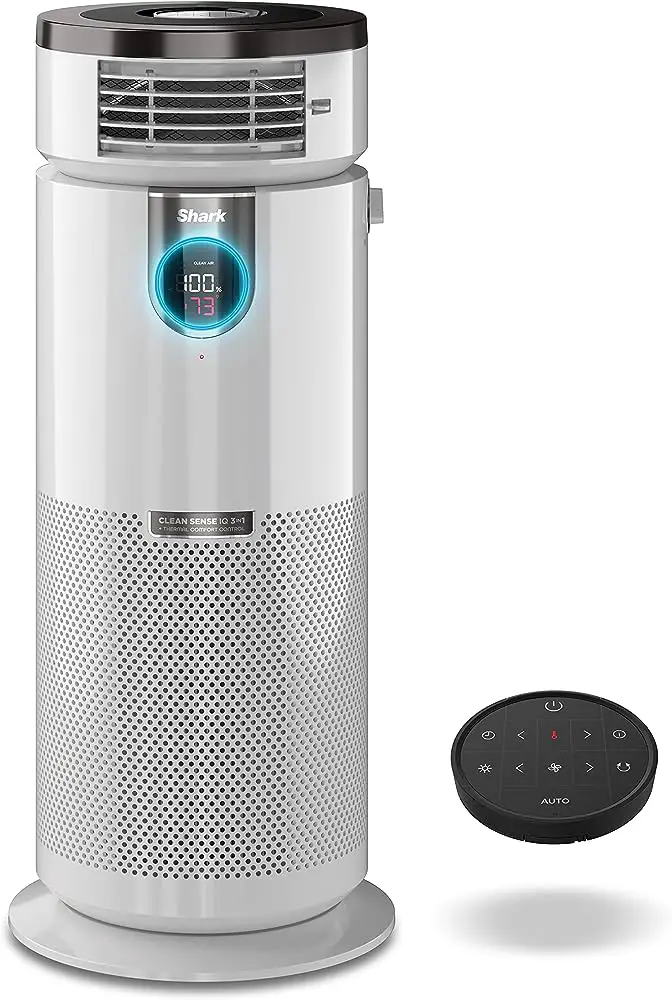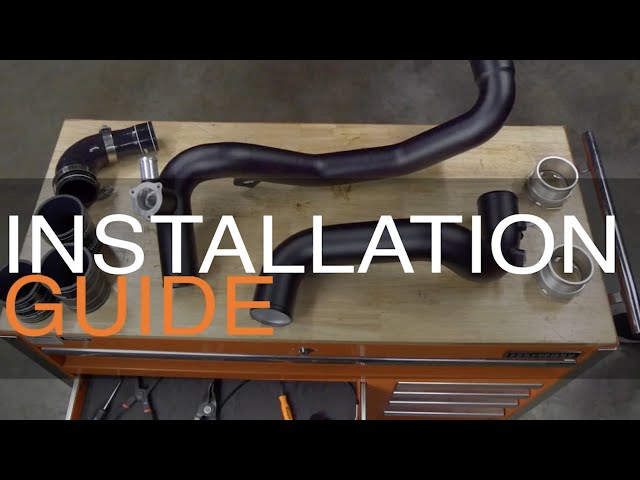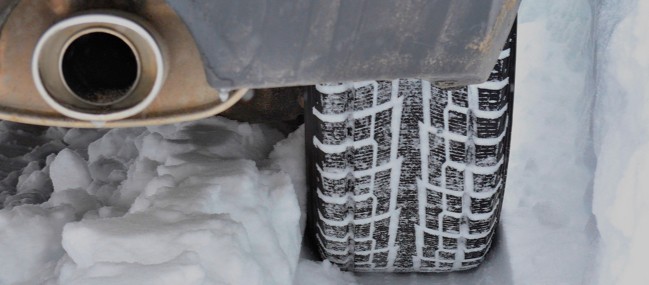What is an Exhaust Filter? Discover the Power of Clean Air
An exhaust filter is a device used to remove impurities from the air drawn through a ventilator in a closed system or into the atmosphere, thereby cleaning it for circulation. It is commonly used in diesel engines to trap particulate matter in the exhaust gases, resulting in reduced emissions and improved air quality.
By capturing and storing the soot particles, the exhaust filter prevents them from being released into the environment. Regular cleaning or regeneration of the filter is necessary to maintain its effectiveness. Failure to clean the exhaust filter can lead to reduced performance, increased emissions, and potential damage to the engine.
It is important to address any warnings or messages indicating a full or dirty filter to ensure the proper functioning of the vehicle.
/https://tf-cmsv2-smithsonianmag-media.s3.amazonaws.com/filer/2f/60/2f60511b-c9a1-4929-95b5-71f91909bfdc/1024px-pollutants_hang_in_the_air_along_the_monongahela_river_at_clairton_pennsylvania_20_miles_south_of_pittsburgh_in_the_-_nara_-_557218.jpg)
Credit: www.smithsonianmag.com
How Does An Exhaust Diesel Particulate Filter (Dpf) Work?
An exhaust diesel particulate filter (DPF) is responsible for filtering out harmful particles from vehicle emissions. The DPF works by trapping and storing these particles, preventing them from being released into the atmosphere. During the filtration process, exhaust gases pass through the DPF, and the particles are caught in the filter.
The clean air is then released back into the environment. This filtration process is crucial for reducing air pollution and ensuring that vehicles meet emission standards. Clean air is essential not only for the environment but also for the health and well-being of individuals.
By effectively capturing and removing harmful particles, DPFs play a vital role in promoting cleaner and healthier air quality.
Regeneration Of The Exhaust Filter
An exhaust filter is a crucial component in diesel vehicles that captures exhaust soot particles. When the filter becomes full, it requires regeneration to maintain optimal performance. Passive regeneration occurs when the exhaust temperature is high enough to burn off the trapped soot particles.
This process happens naturally during regular driving. Active regeneration, on the other hand, is initiated by the vehicle’s computer system and involves injecting extra fuel into the exhaust to increase temperature and burn off the soot. Regeneration is essential to prevent filter blockage and maintain engine efficiency.
When the exhaust filter is not properly cleaned, it can result in reduced vehicle performance, increased emissions, and potential damage to the engine. It is important to address any issues with the exhaust filter promptly to avoid further complications.
Signs Of A Full Exhaust Filter And Consequences Of Not Cleaning It
When it says cleaning exhaust filter, it means the diesel particulate filter is full of particles (exhaust soot) and the vehicle is not being operated in a way that allows for normal cleaning. This message will stay on until the exhaust filter cleaning process begins, at which point the CLEANING EXHAUST FILTER message will display.
If you drive with a full exhaust filter, you may experience a red warning light, reduced performance, loss of power, limp mode, failed regeneration, and the vehicle will require attention. It is best not to continue driving and to seek assistance from a DPF Specialist.
Failing to clean your exhaust filter can lead to substantial damage, increased emissions, compromised performance, and difficulty starting or driving at high speeds.
Frequently Asked Questions On What Is An Exhaust Filter
What Does It Mean When It Says Cleaning Exhaust Filter?
When it says cleaning exhaust filter, it means that the diesel particulate filter is full of exhaust soot and needs to be cleaned.
Can I Drive With Exhaust Filter Full?
Driving with a full exhaust filter can cause reduced performance, loss of power, and possible damage to the vehicle. It’s best to seek assistance and not continue driving.
What Happens If You Don’T Clean Your Exhaust Filter?
Not cleaning your exhaust filter can cause damage to your car. It will emit more emissions, compromise performance, and may even prevent your car from starting or driving at high speeds.
How Do You Clean An Exhaust Filter?
To clean an exhaust filter, you need to initiate a cleaning process or seek professional assistance. Neglecting to clean the exhaust filter can result in damage to your vehicle’s performance and emissions.
Conclusion
An exhaust filter plays a crucial role in maintaining the performance and efficiency of a diesel engine. It is designed to remove impurities and particles from the exhaust gases, reducing emissions and ensuring compliance with environmental regulations. Failure to clean the exhaust filter can lead to reduced performance, increased emissions, and potential damage to the engine.
Driving with a full exhaust filter can result in warning lights, loss of power, and even engine failure. Regular cleaning and maintenance of the exhaust filter are essential to prevent these issues and maximize the lifespan of the filter. Understanding how an exhaust filter works and the different regeneration processes, whether passive or active, is important for diesel engine owners.
It is also crucial to seek assistance from experts in the field for proper cleaning and maintenance to ensure optimal performance and longevity of the exhaust filter. By taking proper care of the exhaust filter, diesel engine owners can contribute to a cleaner environment and prolong the life of their engines.
So, prioritize the regular maintenance of your exhaust filter and enjoy the benefits of a clean and efficient diesel engine.





